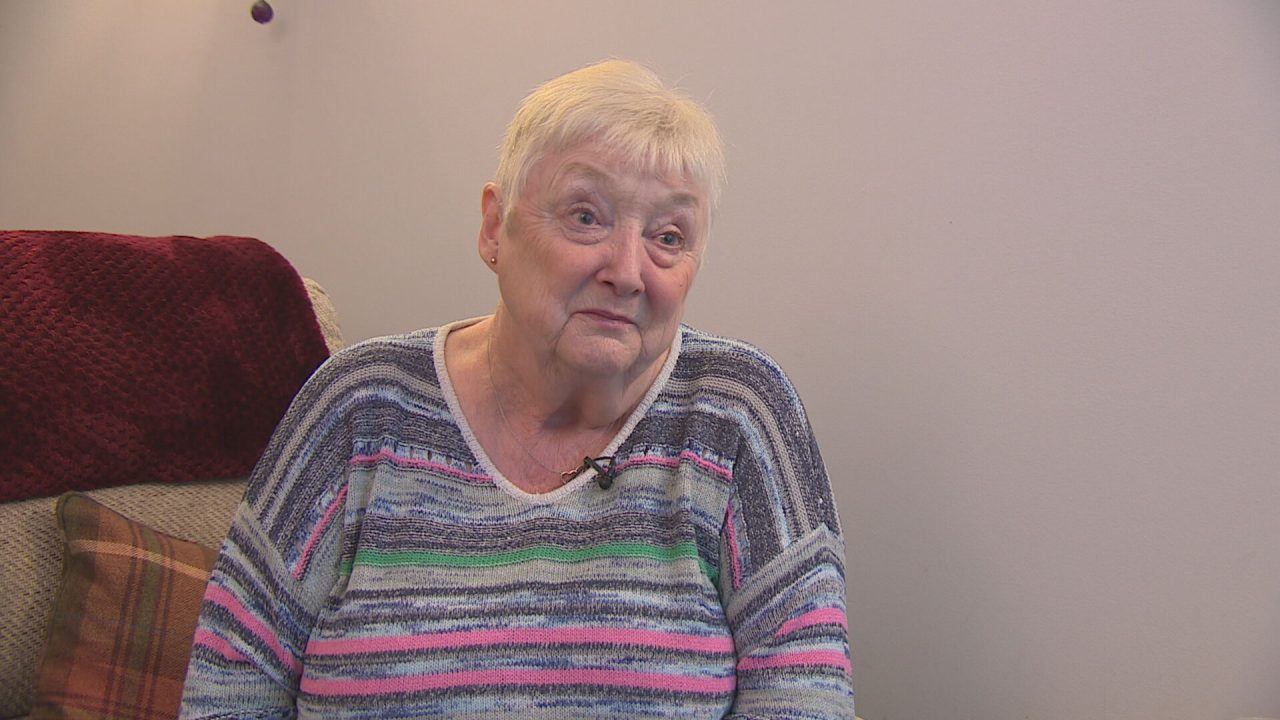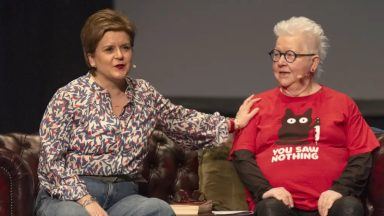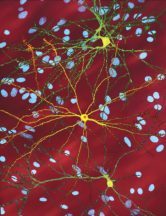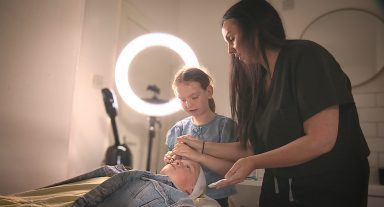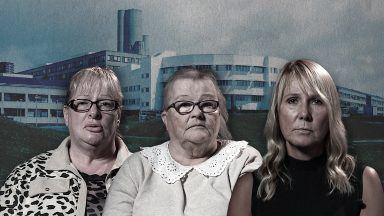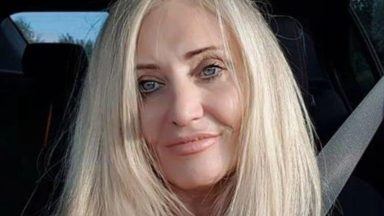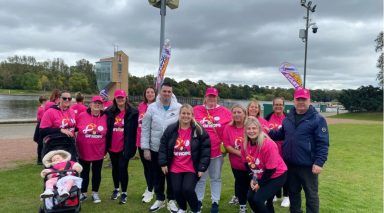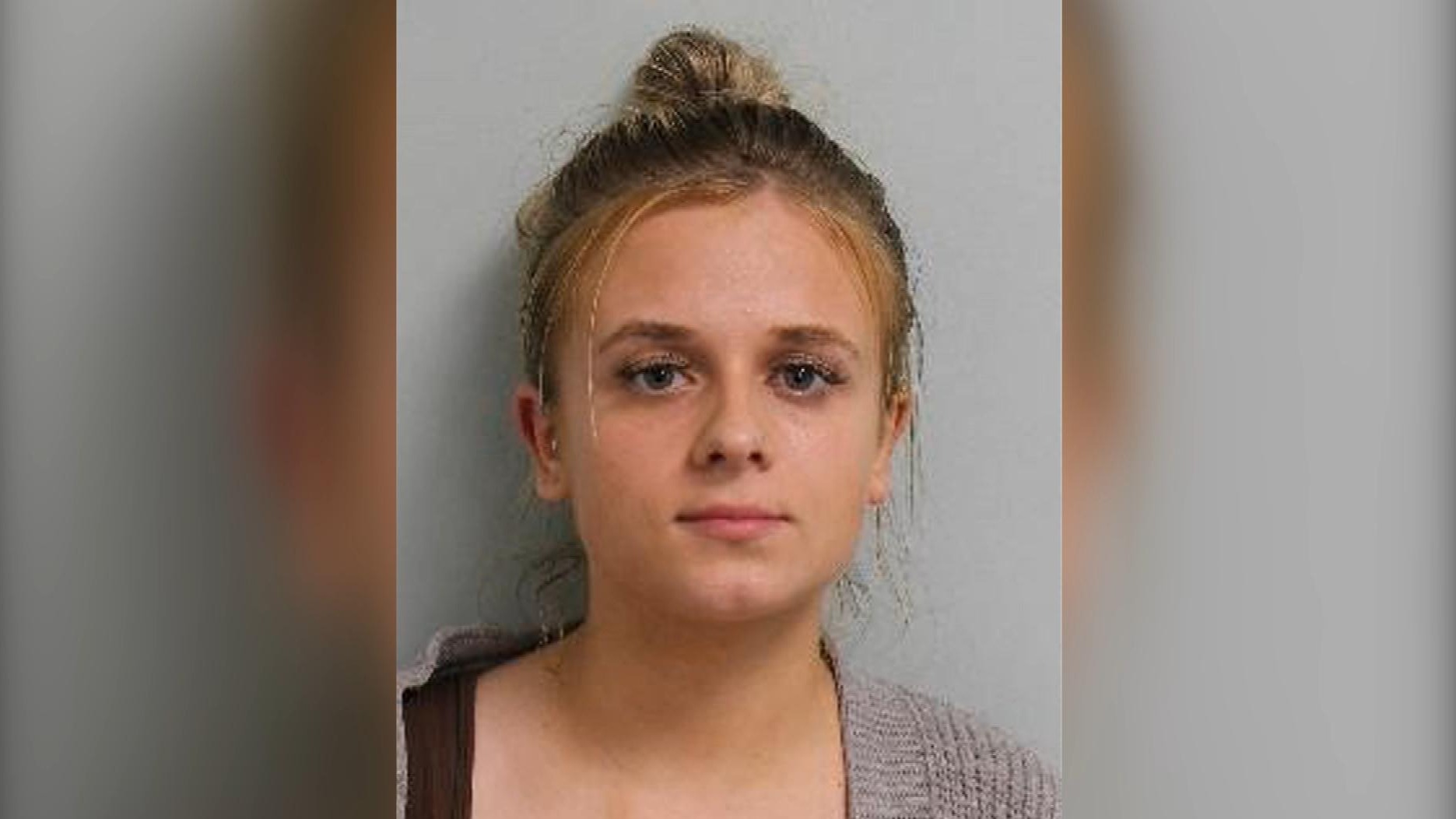A mum with incurable cancer says she should have the right to choose when to end her own life ahead of a vote to legalise assisted dying in Scotland.
In May, Scotland’s MSPs will be voting for the first time on proposals from Liberal Democrat Liam McArthur to introduce assisted dying for the terminally ill.
The bill has restrictions on what conditions it would apply to, the person would have to be 16 or over and resident in Scotland for at least 12 months, as well as have the capacity to take the decision.
Dignity In Dying campaigner Jacqueline Roberts, who has stage four breast cancer, says the question of assisted dying was something she’d never really considered until it became deeply personal.
“I’d not thought about assisted dying before I was ill,” Jacqueline, 75 said. “It was on the periphery of my horizons, but I’d never really thought about it in depth.”
That changed when she witnessed some of her loved ones at the end of their own lives.
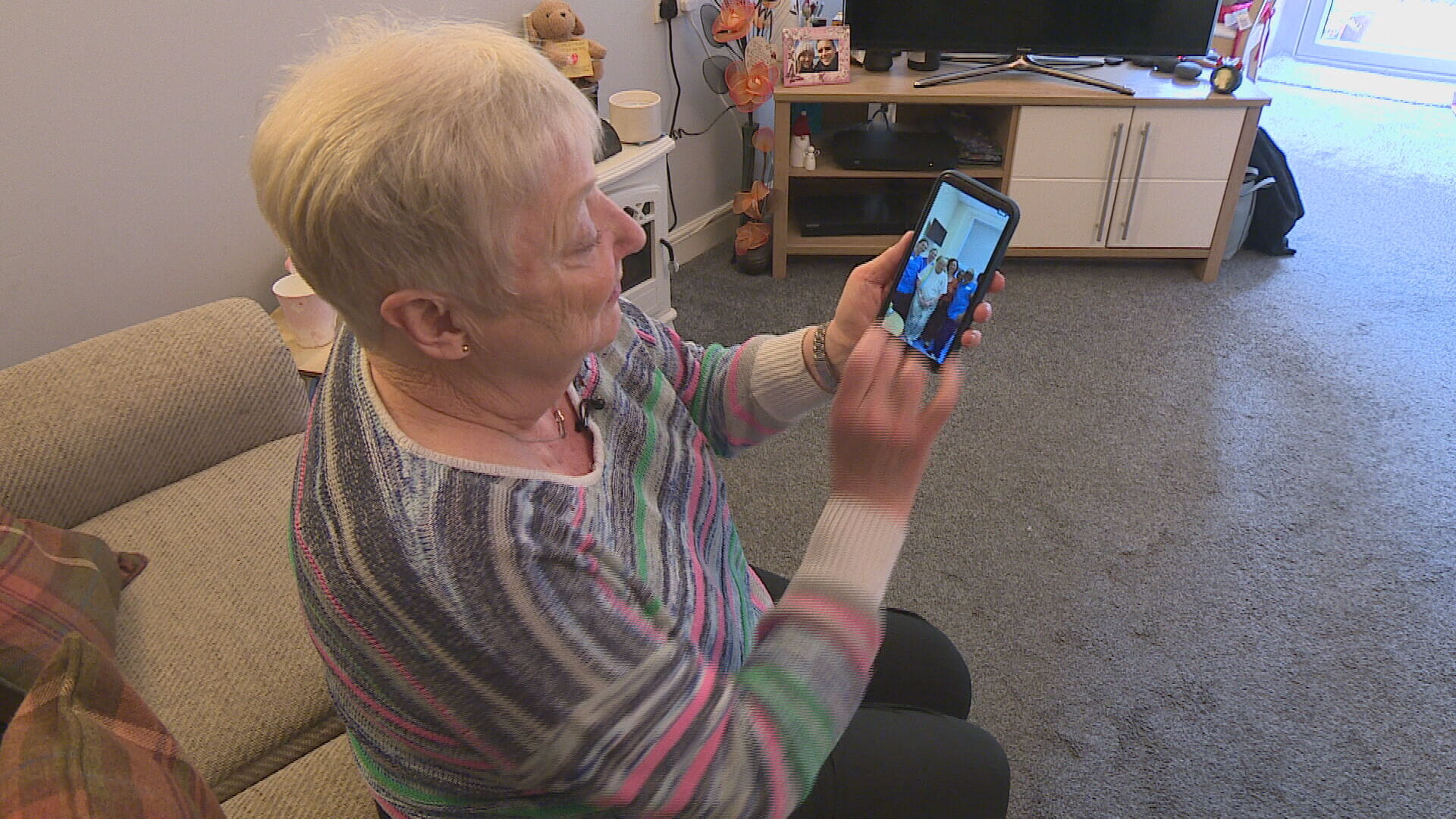 STV News
STV NewsJacqueline’s mum tried to take her own life twice after being diagnosed with cancer in 2003 and she said her dad, who was also diagnosed with cancer in 1996, “didn’t have a good death”.
She said she was also badly affected by the deaths of two close friends.
“I don’t think you realise until you see someone close to you going through the pain and the agony, it changes your opinion,” she said. “That’s what did it for me.”
Jacqueline was diagnosed with breast cancer at the Western General Hospital in 2021.
It was initially thought to be stage two but a consultant later gave her the news that it was incurable.
“My friend burst into tears – it didn’t quite sink in for me,” she said.
“The doctor told me ‘I can’t give you any timeframe – we just don’t know.”
Jacqueline has undergone extensive treatment for her cancer in the years since her diagnosis.
But despite “wonderful” care from the NHS, Jacqueline says her illness has brought constant uncertainty.
She recalled being in hospital for ten weeks after contracting double pneumonia in 2023.
“I’ve been hospitalised four times last year, and twice already this year.
“Each time I go in, I am always worried I won’t know what’s going to happen. Not knowing the future, not knowing what my choices are.”
Jacqueline’s experiences have turned her into “an advocate” for assisted dying in Scotland.
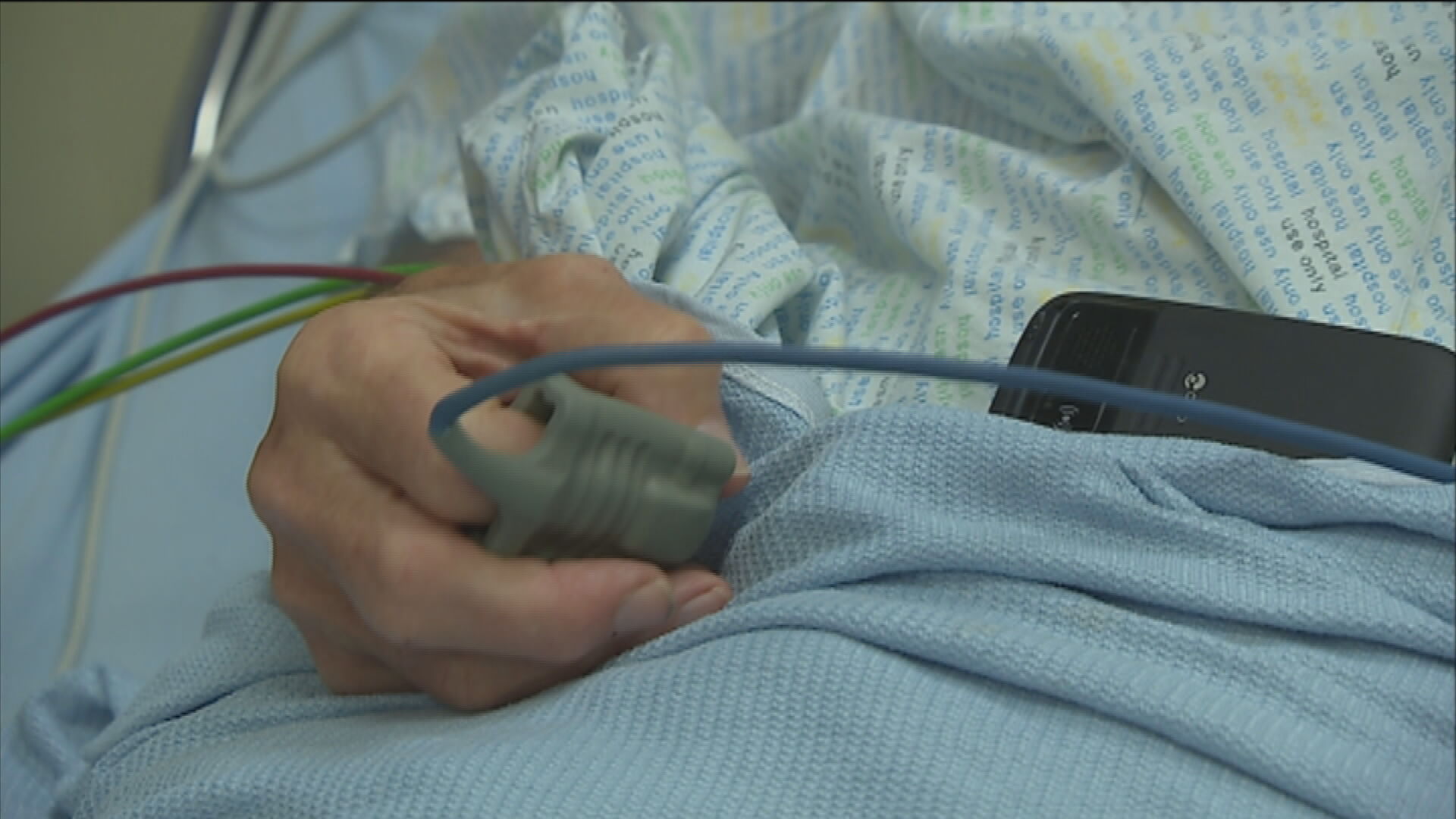 STV News
STV NewsShe points to Sydney, where her son lives, which is the last state in Australia to legalise assisted dying, known as Voluntary Assisted Dying (VAD).
She is hopeful Scotland will follow suit.
“If I could see two doctors and make that decision, I could go peacefully.
“It would save me suffering, and it would save my friends and family as well. I want to have the choice to go on my own terms.
“You can choose to get married, divorced, vote – why can’t you choose what happens at the end of your own life?
“It’s not about encouraging people to die – it’s about having the opportunity to choose when the time comes.”
Jacqueline said she may not live to see the legislation, if passed, come into force.
“I want people in my situation to have that choice in future.
“I would just like people to think if it was your mum, dad, sister or brother. If it was someone close to you, would you like to see them suffer? Give them the opportunity to have the choice.”
Previous attempts to change Scottish law around end-of-life assistance have not been successful.
This is the third time Holyrood has voted on the issue of assisted dying – there was a proposal in 2004 that didn’t get enough support to be introduced.
Independent MSP Margo Macdonald brought forward similar proposals in 2010, with these rejected by 85 votes to 16 at stage one. A subsequent attempt by Green MSP Patrick Harvie to pass legislation was defeated by 82 votes to 36 in 2015.
Since then there’s been two Scottish elections, Westminster has started examining the issue following a bill introduced by Labour MP Kim Leadbetter and assisted dying passed its final legislative vote on the Isle of Man.
At Holyrood, this will be the first time that 86 of the 129 MSPs will have cast a vote on the issue.
Disabled ‘frightened’ by assisted dying bill
Critics argue that allowing assisted dying in limited cases could lead to broader, more dangerous implications – such as extending it to non-terminal patients and people with mental illness, or those who feel they are a burden on their families or the healthcare system.
Campaigners against domestic violence have also warned that proposed new assisted dying laws could provide a “potentially lethal weapon” for abusers.
Pam Duncan-Glancy, the first permanent wheelchair user in the history of the Scottish Parliament, wrote an open letter to MSPs saying disabled people are “frightened” by the Bill.
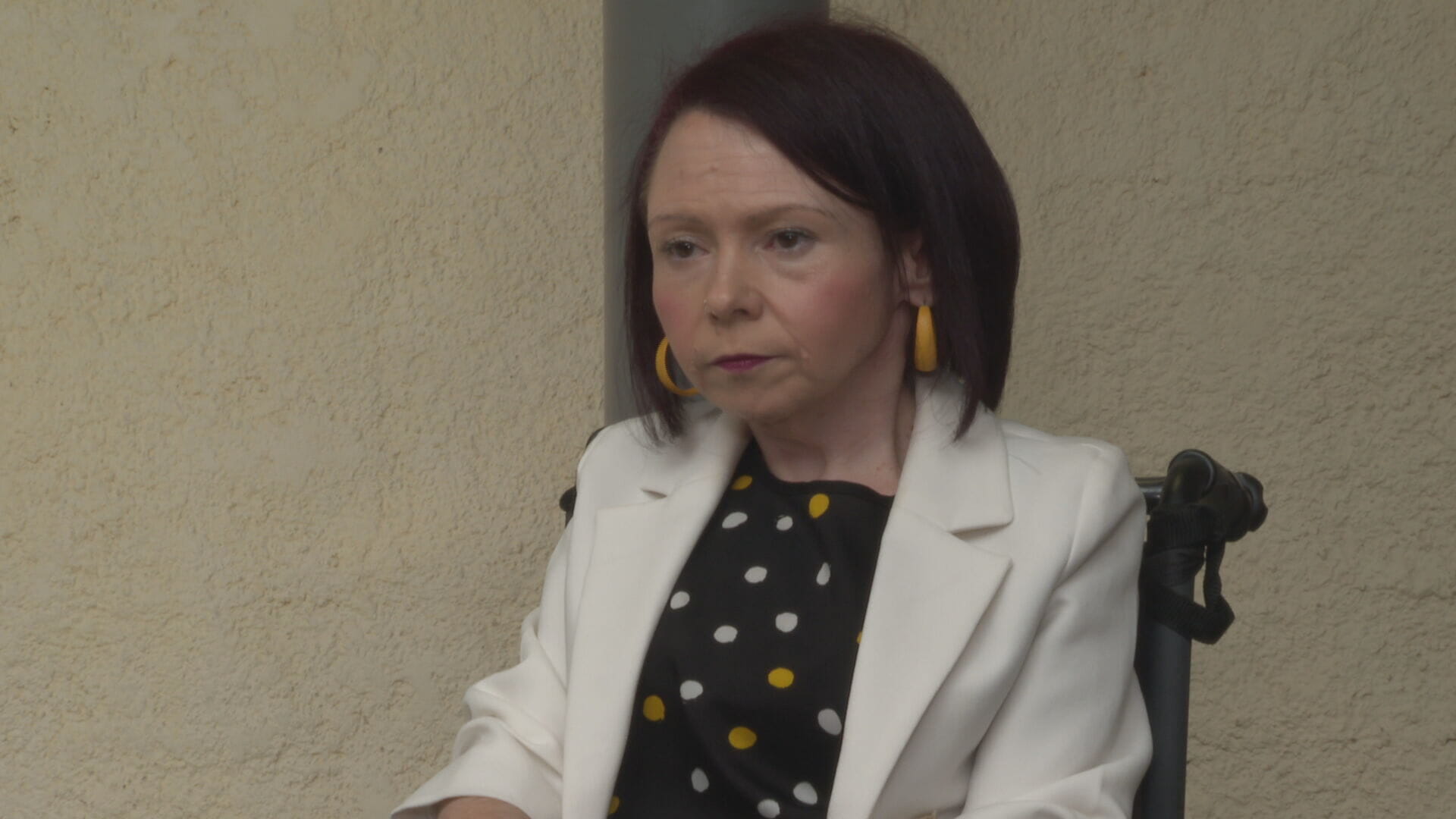 STV News
STV NewsShe said the Bill could make it easier for disabled people to access help to die than to live.
“I felt I had to write a letter on behalf of a lot of people who are quite disempowered,” she said.
“It’s a deeply concerning issue for disabled people and others across the country. If I don’t say it, if not me, who?”
The Glasgow region MSP, who is also the party’s education spokesperson, rejected arguments from proponents of the legislation that it contains sufficient safeguards to protect all people.
She said the Bill would not be able to protect against “coercion, abuse, internalised ableism, oppression, and a lack of capacity in existing systems”.
Glancy added: “One of the things we have to remember is the people most worried about this legislation are the people furthest from participation in politics. It’s difficult for them to have their voices heard.
“I do worry about the legislation, but I think there are colleagues still making up their minds.
“For me, that’s a good position to talk to them, have deep conversations and explain what the concerns about this sort of legislation.
“I think there is still time to convince people this is not the right thing to do.
“In this job, you make decisions on an hourly basis, not even daily – every decision you make has consequences. This will have huge consequences. People will be taking it very seriously.”
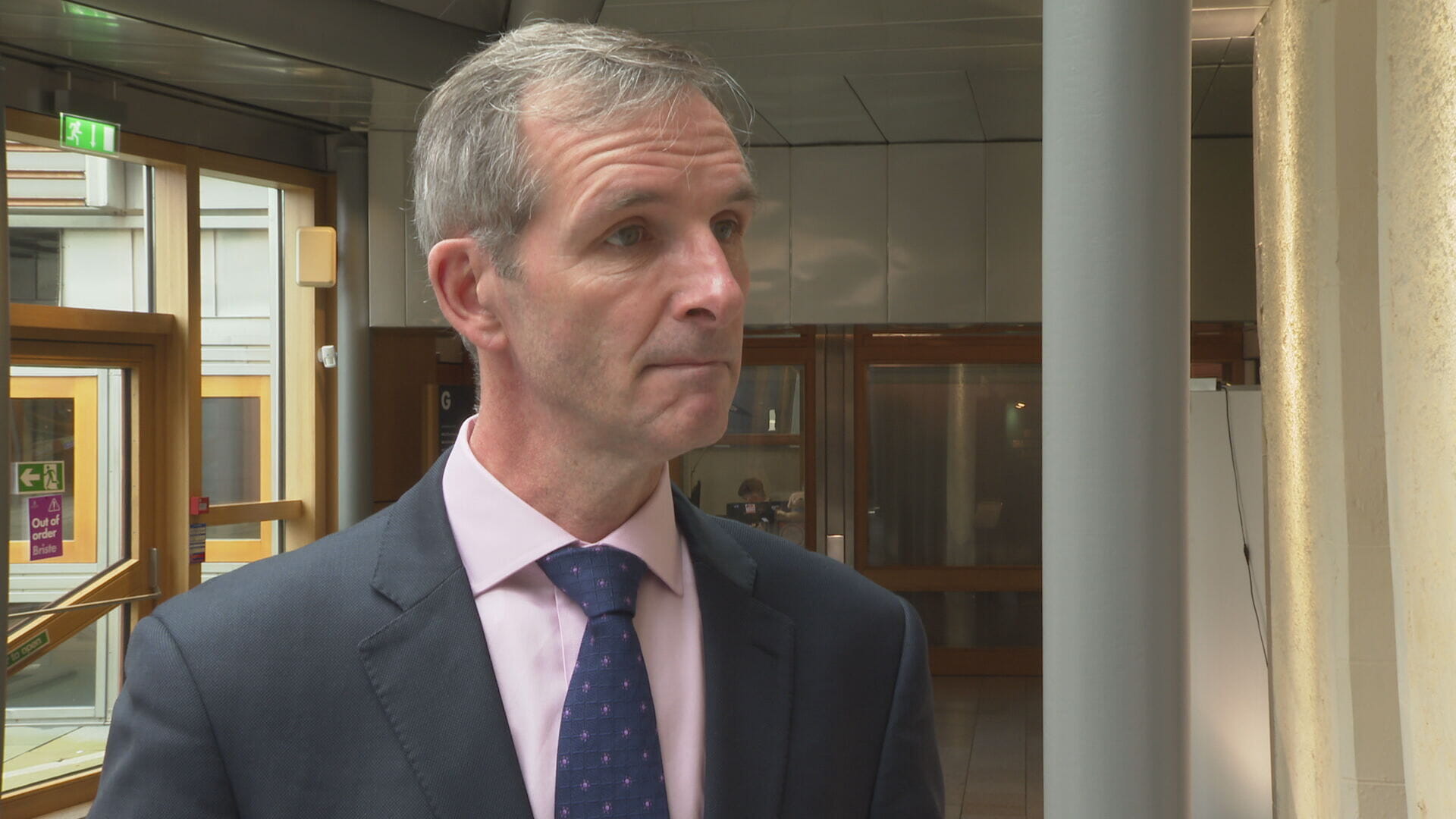 STV News
STV NewsLiam McArthur, who introduced the Bill to parliament, said there has been “a lot of changes” since proposals were last brought to parliament a decade ago.
“I’ve said from the outset that the political mood is very different, not least because many colleagues come to this issue with their own personal experience – they’ve lost a family member, a close friend, or (witnessed) a bad death.
“We’ve seen international evidence of states and countries around the world introducing similar legislation safety and successfully. The medical profession has also moved to a position of neutrality rather than opposition.”
But McArthur acknowledged assisted dying is “not an easy issue to wrestle with.”
He added: “I think it’s very clear MSPs across parties are taking this issue seriously. They are taking their time to consider evidence, to speak to constituents and others with an interest in this debate.
“I think the fact it’s spared the party political knockabout is very much welcomed. This means we can have a fairly passionate argument on the basis of principle and around concerns and questions, and do so in a way that does justice to the sensitivity and seriousness of the issue.”
Follow STV News on WhatsApp
Scan the QR code on your mobile device for all the latest news from around the country


